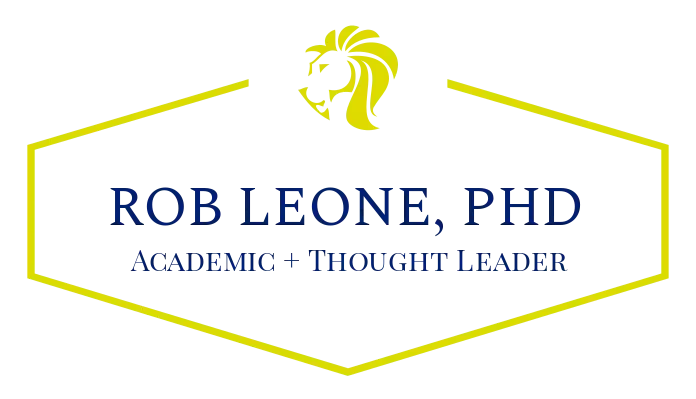In case you missed it, here is an Op-Ed that I co-wrote with Dr. Bob Murray of the Frontier Centre. It was published in the National Post on May 26, 2015. Follow the link or read the article below.
There are some things money can buy, but when there’s no money to go around, something has to give. In Ontario’s education sector, there isn’t enough money to go around anymore, and unions clearly aren’t happy.
How did we get here? After years of ignoring the province’s fiscal health and failing to implement the recommendations made by the Drummond Commission, the Ontario government recognized the need to halt its overspending in the education sector. In 2012, the government opted to pass Bill 115, the ironically-named Putting Students First Act, which not only reduced teacher salaries through unpaid days, but also attacked core benefits, while simultaneously skirting school boards’ negotiating and governance rights. If unions didn’t negotiate, a contract would be imposed on them. Unions other than Ontario English Catholic Teachers Association (OECTA), which unfortunately decided to unilaterally sign a bad agreement directly with the province, were angered by the snub.
Enter Kathleen Wynne, who came to power with the support of teachers. Among Wynne’s first acts as Premier was to reopen the deals imposed on the sector under Bill 115, gave teachers some money and benefits back, and promised to fix collective bargaining by legislating a new process that would include unions, school boards, and the government as equal negotiating parties. There would be a central provincial table for monetary matters and local tables where unions and boards would deal with all other issues not part of central discussions.
This process was agreed to by school board associations, all of the teachers’ unions and the government, ultimately enshrined in Bill 122, the School Boards Collective Bargaining Act. Since its passage, however, the two-tier process introduced by the Act has been in shambles.
Problems with the new collective bargaining process were predictable. From day one, it was apparent that labour peace in the education sector under Bill 122 would only be achieved if there was enough money to appease the unions while school boards and their provincial associations were more interested in their continued status as governance bodies. Having the government at the central table as an equal negotiating party was bound to create complications, as governments are notoriously bad negotiators and typically lack the expertise and familiarity with the sector to effectively contribute to any other aspect of the discussion beyond its own fiscal and electoral concerns.
It was evident long before Bill 122 passed that Ontario’s economic picture would not improve so dramatically as to allow for an easy negotiation process once the previous collective agreements expired, and the money announced in this year’s Grants for Student Needs, or lack thereof, guaranteed labour instability in Ontario’s education sector.
The government and school boards have maintained the view that any negotiated settlement must contain a “net zero,” meaning that any new money spent on raises for teachers would have to be found within existing budgets. The government and school boards thus argue that any such increase for teachers or support staff would have to be bartered for preparation time allowances and class sizes, which are deemed previously-won gains by the unions and are thus seen as non-negotiable.
The net result in this current round of negotiation is strife and deadlock, with teachers in the English public system stepping up their pressure on the government (the Wynne government responded Monday with back-to-work legislation), and promises by Catholic and French teachers to follow suit later in the year if no agreement is reached.
It becomes all too easy to blame the unions for holding the education system hostage, but the government sowed the seeds for labour instability long before now by constantly appeasing teachers in the past in exchange for electoral support. After her victory in 2014, Premier Wynne seems prepared to take a harder line with teachers, but the stalemate in the process created under Bill 122 is likely to see labour unrest continue into the fall with other unions in all four sectors of the education system following suit.
With no new money available and a weak collective bargaining process in its infancy, Ontario students are bound to lose as labour unrest continues.
National Post
Robert W. Murray is vice-president, Research, at the Frontier Centre for Public Policy. Rob Leone is an assistant professor of Political Science at the University of Western Ontario.
